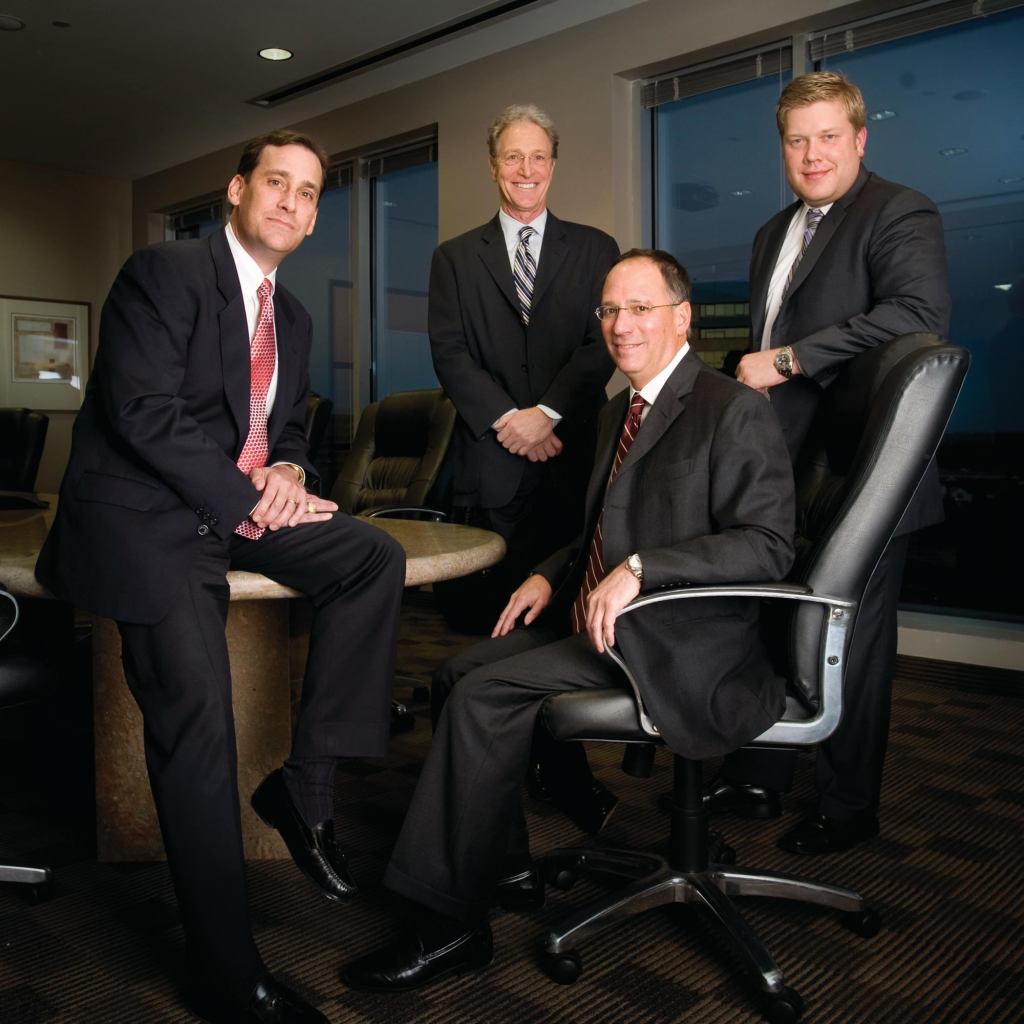Deal Closers
Still, Behringer Harvard’s reputation for execution in the multifamily deal space is beginning to precede sit-downs at the bid table, augmenting a quick-close, all-cash transaction strategy that all but the most well-powdered and liquid competitors are finding hard to beat. “In looking at them in the competitive landscape, they have certainly put together a very solid team of high-caliber individuals,” says Steve Lamberti, COO of Dallas-based The Milestone Group, which does not currently have any business relationship with Behringer Harvard. “What they have been able to do over the past 24 months is execute at a very high level. They have been focused, have had a consistent acquisition strategy, and I admire the level of quality in that execution. If you are going to spend the money and spend the time, you might as well do it right.”
Alfieri says acquisition opportunities are coming to Behringer Harvard split evenly between brokered deals and off-market offerings. But regardless of how deals are being marketed, sellers want certainty of execution, which means accelerated due diligence and typically all-cash and/or debt assumption transactions. “That’s what is winning deals right now—the ability to get in quickly, execute due diligence quickly, and get closed right away with cash and not wait on financing,” Alfieri says. “If you’re going to finance, then finance them after the fact. On the due diligence side, there’s been an opportunity for extensive market monitoring for awhile. Most of the deals we are buying today we have been tracking for a year or more—it is all distress that is finally maturing.” That concept of mature distress isn’t a feint. Behringer Harvard has underwritten near-term rent and occupancy depreciation into its acquisition strategy, and is therefore trumping players still staring at the recession and balking on the fear of additional fundamentals deterioration. The firm simply isn’t waiting for bottom and instead is happy to jump in at a time when prices coupled with interest rates offer a compelling return to investors.
“They are ahead of the curve,” says Washington, D.C.-based National Multi Housing Council president Doug Bibby. “There are a lot of investors waiting until that absolute perfect time when every seller is distressed and the bid/ask spread is down to zero. Forget it. If you’ve got capital and can get the kind of returns your investors expect, then this is a great time to buy, rather than try to time the market.”
LEADERSHIP LESSONS
Mark Alfieri
Title: Senior Vice President
Age: 48
Favorite Quote: “Integrity is the essence of success.”
Best Business Decision: Getting into the multifamily business out of college
Greatest Business Challenge: Building a business during the current economic crisis
People You Most Admire: Robert Gates and Roger Staubach
Best Advice Ever Received: Go to college and get a degree!
Leadership Philosophy: Lead by example with a hard work ethic, can-do attitude, and optimism.
Playing on iPod: Van Morrison
Last Book Read:First Family by David Baldacci (Hachette, 2009)
Indeed, Alfieri says that rent depreciation is already reflected in current pricing, and without exception, Behringer Harvard is looking for distressed sellers—not distressed assets. Those sellers are typically players in the institutional space looking for liquidity in liquid markets, and acquisitions are typically commanding cap rates ranging between 5.5 percent and 6.5 percent, with the occasional deal coming in at a 7 percent cap. “But interest rates are lower, so the positive spread between debt and cap rate is much greater than it has been in decades,” Alfieri says. “We just closed a loan at 4.72 percent fixed. When you are applying a 7 percent cap to the investment with that kind of debt, the positive leverage is very attractive.”
Nearly all long-term financing on Behringer Harvard Multifamily REIT assets are agency-led, and Alfieri notes the inability of insurance firms and other debt capital sources to stay competitive with the long-term, fixed-rate, interest-only products available via Fannie Mae and Freddie Mac. In addition to post-acquisition financing and debt assumption, bylaws of the Multifamily REIT also allow the firm to deploy capital as an equity investor in a recapitalization play; as a mezzanine lender; or even as an equity JV player in new development projects.
“We have done five joint venture developments with them,” says Ken Valach, executive managing director for Dallas-based Trammell Crow Residential. “I think we were one of the first calls when they started the multifamily program. They went through specific markets they wanted to target, and we identified opportunities in Houston, Denver, and Las Vegas. They are decisive, and that has been a great asset to work through the tough development climate. From investments to construction to asset management, they move fast and with certainty.”
Forward Looking
Regardless of deal structure or rate, Behringer Harvard’s ability to close as an all-cash buyer is bringing repeat business to the table, particularly among institutional sellers looking for certainty in the disposition space. That business could become more valuable in 2010 as additional buyers return to the transaction arena.
“We were out in front, but there are a lot of investors in the queue now,” Alfieri says. “There are a couple of public REITs and also more institutional investors now bidding at the same level as Behringer Harvard, and that wasn’t the case even 60 days ago. The market has already changed pretty dramatically from that standpoint.” In addition to competitive pressure from publicly-traded companies and institutions, Behringer Harvard is also competing with owners such as Santa Ana, Calif.-based Grubb and Ellis and New York-based Bluerock, both of whom are raising capital publicly for multifamily funds in the non-listed REIT space.
